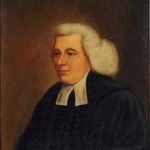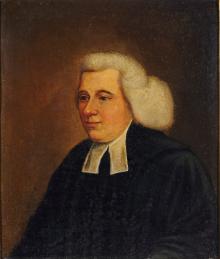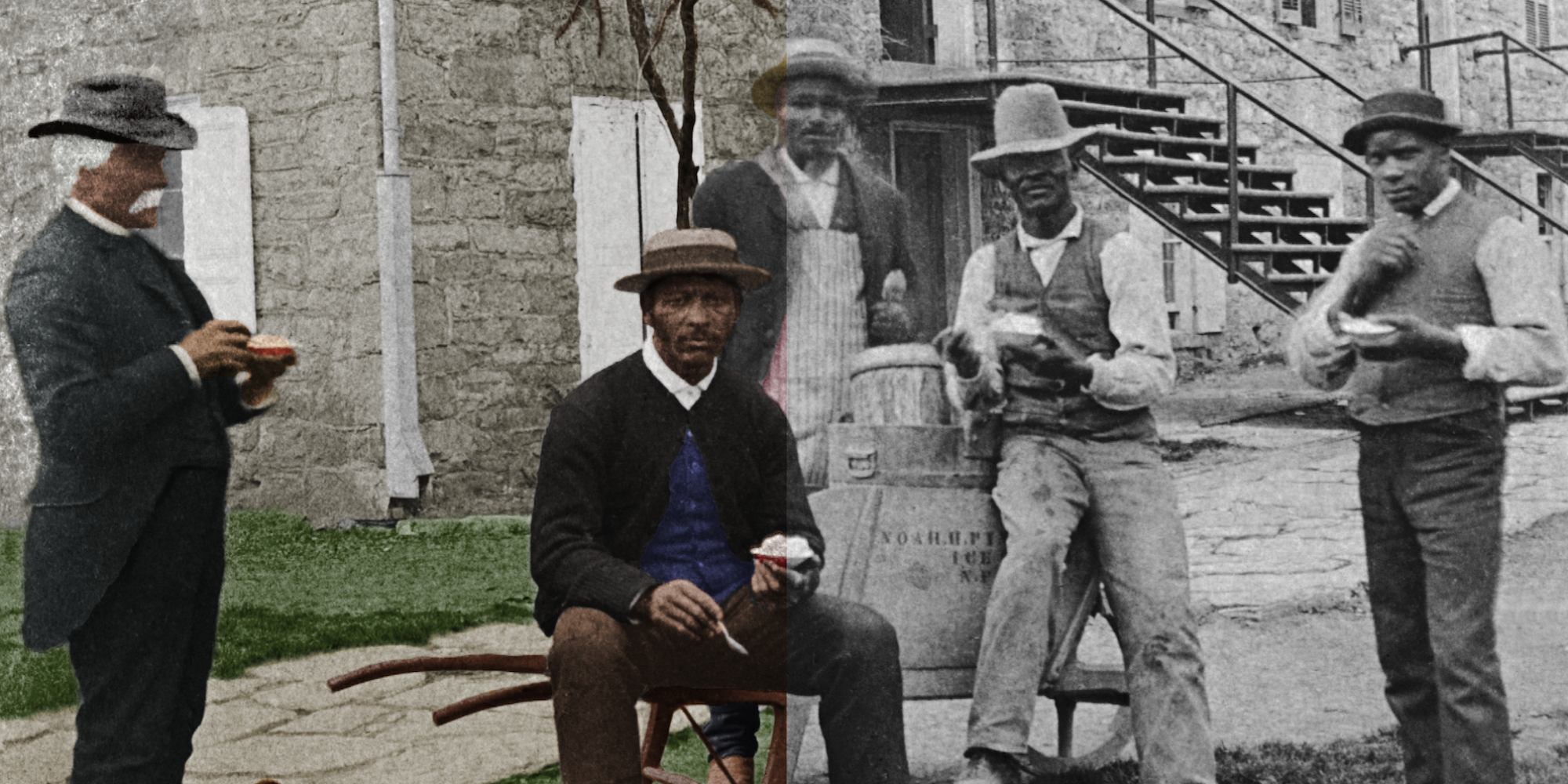PUBLIC MEMORY AT DICKINSON
 Charles Nisbet receives strong praise on the college website “as one of the most successful college presidents of his day.” There is also a portrait of him in Old West. However, no official material at the college describes Nisbet’s strong antislavery views.
Charles Nisbet receives strong praise on the college website “as one of the most successful college presidents of his day.” There is also a portrait of him in Old West. However, no official material at the college describes Nisbet’s strong antislavery views.
BRIEF PROFILE
A native of Scotland, Dr. Charles Nisbet was hired to become the first president of Dickinson College. Nisbet was a well-regarded scholar, but he developed an uneasy relationship with many of Carlisle’s elite citizenry and Dickinson’s Board of Trustees. Much of the tension stemmed from Nisbet’s “decidedly anti-Republican” views and lack of faith in the new American system of government. According Roger Taney, one of his students, Nisbet “had no faith in our institutions, and did not believe in their stability, or in their capacity to protect the rights of person or property against the impulses of popular passion, which combinations of designing men might continue to excite.” While Taney’s recollection may exaggerate Nisbet’s views, the trustees, who had created Dickinson as a center of learning in the new republic, were alarmed. Writing in 1787, one correspondent warned Benjamin Rush that Nisbet’s ideas would “injure Dickinson college greatly.” On another public occasion, Nisbet reportedly “reflected upon some persons in Carlisle most grossly maliciously and falsely,” in the presence of trustees John Montgomery, John King and John Black. “The whole board of Trustees condemn” him, one informant wrote, and trustees John Armstrong and Stephen Duncan in particular were “very angry” with Nisbet. In 1790, Rush admitted that the “principle difficulty in the way of our success” was Nisbet’s reputation for being too elitist. “His Conversation & letters are so very illiberal & so public against the college — the town of Carlisle — and every thing that is American, that the name of the College is unpopular with many people upon his Account.” Yet clearly part of Nisbet’s intellectual elitism, and what set him apart from many “Americans,” was his strong and public opposition to slavery.
FURTHER READING
- Dickinson College Archives, “Charles Nisbet (1736-1804),” [WEB]
IMAGE GALLERY

PRIMARY SOURCES
- Samuel Tyler, Memoir of Rogert Brooke Taney, LL.D., Chief Justice of the Supreme Court of the United States, (Baltimore: John Murphy & Co., 1876), 38-41, [WEB];
- James Duncan, “A Reminiscence of Doctor Charles Nesbit of Dickinson College,” Proceedings of the Historical Society of Pennsylvania, 5 (1881).
- Unknown correspondent to Benjamin Rush, September 1787, copy in Benjamin Rush Drop File, Dickinson College Archives and Special Collections.
- Benjamin Rush to Thomas Smith, February 26, 1790, O-SpahrB-undated-5, Dickinson College Archives & Special Collections.

